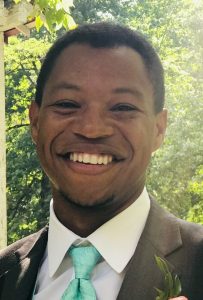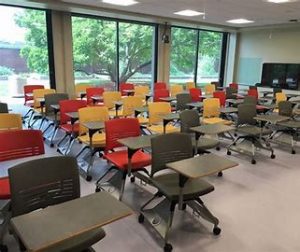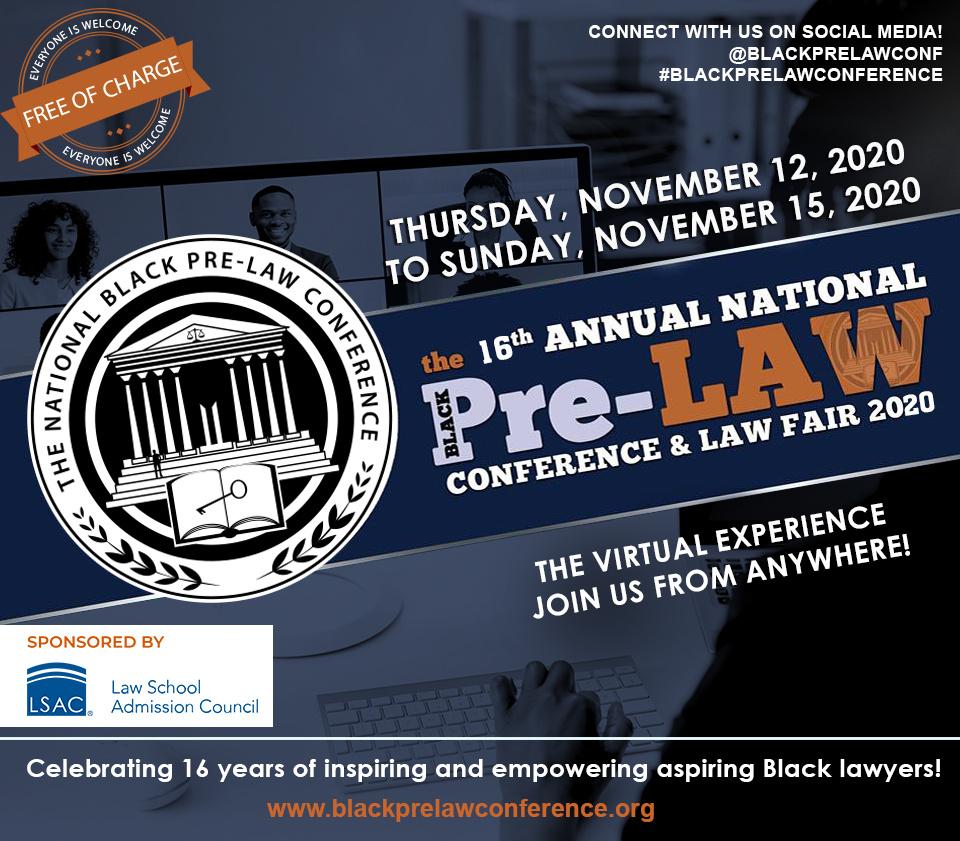This year the Pre-Law Advising Services Office will be featuring law students, admissions deans, and attorneys as guest bloggers to help provide unique and valuable perspectives on law school, the application process, and the legal profession. Stay tuned throughout the year for our guest blogger spotlights!
Guest Blogger: Martin Kiernan
 Law School: University of Iowa College of Law
Law School: University of Iowa College of Law
Class Year: 1L
Undergraduate Institution: University of Illinois at Urbana-Champaign
Hometown: Libertyville, IL
Undergraduate Major/Minor: I have a B.S. in Agricultural & Consumer Economics with two concentrations in Public Policy & Law and Consumer Economics & Finance.
Why did you decide to attend law school and pursue a legal career?
Law school was a great fit for me because I have many interests and the legal implications that arise in most every industry fascinate me. Also, the conceptualizing of justice, the rule of law, and societal inhabitance as foundations to the success of nations I believe is a worthwhile academic pursuit.
Do you know what type of law you will practice?
Currently, I have interests in securities, banking, family, criminal law. I’ve done some work in personal injury and I found that to be intriguing as well.
Why did you choose the University of Iowa College of Law?
The University of Iowa College of Law displays a proven history of fostering prepared and conscientious attorneys. The decision to attend has afforded its students the opportunity to become competent leaders in the field. I chose to attend because under its instruction I can prepared for whatever is to come in my professional career.
What surprised you the most about law school?
I was surprised about the varying approaches professors take to teaching a class. There is a wide spectrum.
What has been your favorite class in law school?
I really enjoy my American Property Law course. My professor is experienced and passionate about the material.
What type of activities, programs, internships, or extracurricular activities did you participate in prior to law school?
While at UIUC, I volunteered at a couple Champaign elementary schools as a mentor/tutor, and sat on the Undergraduate Student Advisory Board. I worked at Parkland College’s Counseling Department and then at the Alice Campbell Alumni Center. After graduation, I worked as a paralegal and then as a court reporter doing criminal background checks. Outside of work, I volunteered at a courthouse helping pro se litigants and I coached my sister’s middle school basketball team.
What are some of the best aspects of living in the Iowa City community?
It is a really fun and kind community of people. Whenever I want a study break there is always something to do.
What do you like best about being a law student?
I like the challenge it presents. Some of the more abstract concepts can be difficult to comprehend, but engaging with the material is rewarding. Also, the opportunities that are available during school and after graduation are exciting.
How did you prepare for the LSAT?
I took the Testmasters LSAT Prep Course.
What is the best piece of advice you would give to a student applying to law school?
For the applications, focus on highlighting strengths, but just as significant is explaining inconsistencies or negatives in application materials. Try not to leave important questions left unanswered.
University of Iowa College of Law Snapshot*:
-
- Total JD Enrollment: 460
- First Year Class Size: 166
- Median LSAT/GPA: 161 / 3.64
- Application Deadline: May 1, 2021
- Website: https://law.uiowa.edu
*The enrollment and profile data listed above are as of October 5, 2020 and include information for the Fall 2020 entering class.


 Jason Emmanuel, Assistant State’s Attorney – Criminal Division Chief at the St. Clair County State’s Attorney’s Office
Jason Emmanuel, Assistant State’s Attorney – Criminal Division Chief at the St. Clair County State’s Attorney’s Office

